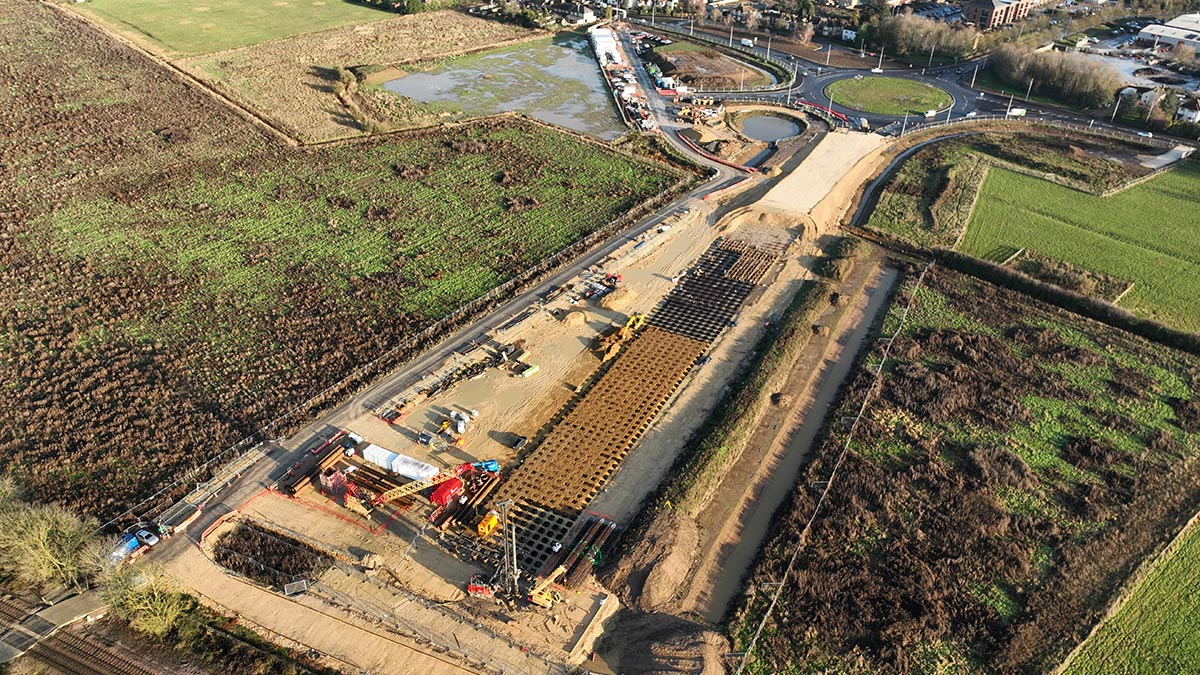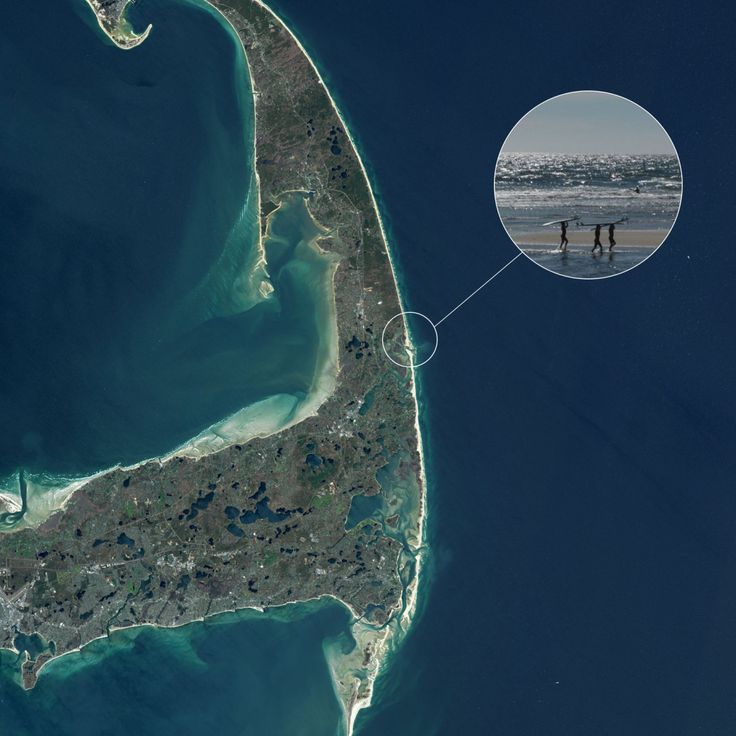The M62 Relief Road And Bury: Examining A Lost Infrastructure Project

Table of Contents
The Genesis of the M62 Relief Road Proposal
The idea of an M62 Relief Road for Bury stemmed from a growing concern over severe traffic congestion on existing routes of the M62. The ever-increasing volume of vehicles traversing these roads caused significant delays, impacting commuters, businesses, and the overall economic vitality of the area. The proposed relief road aimed to alleviate this pressure by creating a new bypass, diverting traffic away from the town center and improving accessibility to surrounding areas.
Key players involved in the early stages included Bury Council, Greater Manchester Combined Authority, and the Department for Transport. The initial proposals painted a rosy picture:
- Projected traffic reduction: Significant reductions in traffic volume on existing M62 routes were projected, easing congestion and improving journey times.
- Planned economic benefits: The improved infrastructure was expected to stimulate economic growth in Bury and the surrounding areas, attracting new businesses and creating job opportunities.
- Initial public reaction: While not universally supported, the initial public response to the M62 Relief Road was largely positive, with many viewing it as a necessary step towards improving Bury's infrastructure.
Obstacles and Challenges Encountered
Despite the initial enthusiasm, the M62 Relief Road project faced numerous obstacles that ultimately led to its abandonment. These challenges included:
- Environmental concerns: The proposed route was found to have significant environmental impacts, particularly affecting areas of natural beauty and important habitats. Extensive environmental impact studies revealed potential damage to local ecosystems and raised significant objections from environmental groups.
- Impact on local communities: The project's construction would have necessitated the demolition of properties and the disruption of established communities, leading to strong opposition from affected residents. Public consultations revealed deep-seated concerns about displacement and loss of community cohesion.
- Financial constraints: Securing adequate funding proved a major hurdle. The escalating costs associated with the project, coupled with competing demands for government funding, resulted in a lack of sufficient financial backing. The initial feasibility study, it later transpired, had underestimated the true cost significantly.
- Political factors: Changes in government priorities and political disagreements at both local and national levels contributed to delays and ultimately the project's demise. Shifting political landscapes led to a lack of consistent support and a failure to secure necessary planning permissions.
The Legacy of the Unbuilt M62 Relief Road
The failure to construct the M62 Relief Road has left a lasting impact on Bury's infrastructure and development:
- Current traffic patterns: Bury continues to experience significant traffic congestion, particularly during peak hours. The lack of the bypass has exacerbated existing problems.
- Economic indicators: The absence of the improved infrastructure has arguably hindered economic growth in Bury, impacting businesses and limiting investment opportunities. Comparisons with similar towns that have benefited from successful infrastructure projects highlight this disparity.
- Subsequent transport planning: While alternative, smaller-scale transport initiatives have been implemented, they have failed to fully address the original issues that spurred the M62 Relief Road proposal.
- Local planning: The overall town planning has been affected by the failure to implement the major infrastructure improvement the M62 Relief Road represented.
Lessons Learned and Future Implications
The abandoned M62 Relief Road project offers valuable lessons for future infrastructure planning in Bury and beyond:
- Improved community engagement: More robust and transparent community engagement processes are crucial to build consensus and address concerns early on.
- Robust environmental impact assessments: Thorough and comprehensive environmental impact assessments should be conducted to minimize ecological damage and ensure the sustainability of projects.
- Secure funding strategies: Developing robust and realistic funding strategies, including exploring diverse funding sources and securing commitments upfront, is essential for large-scale infrastructure projects.
- Long-term vision: A long-term vision for transport infrastructure development, incorporating flexible and adaptable plans, is necessary to address future challenges.
Conclusion: Reflecting on the Lost Opportunity – The M62 Relief Road and Bury's Future
The failure of the M62 Relief Road project in Bury resulted from a complex interplay of environmental concerns, financial limitations, political considerations, and insufficient community engagement. The lasting consequences include persistent traffic congestion, hampered economic growth, and a missed opportunity for improved infrastructure. The case of the M62 Relief Road serves as a stark reminder of the importance of effective infrastructure planning, meticulous environmental assessments, robust financial planning, and genuine community involvement. We encourage readers to engage with local planning initiatives and advocate for improved infrastructure in Bury, using the M62 Relief Road as a case study to learn from past mistakes and shape a more sustainable and prosperous future. Further research into local council planning documents and engagement with local representatives can help ensure future infrastructure projects avoid similar pitfalls.

Featured Posts
-
 Canadian Automotive Industry Calls For Increased Climate Ambition A Response To Us Trade Threats
May 24, 2025
Canadian Automotive Industry Calls For Increased Climate Ambition A Response To Us Trade Threats
May 24, 2025 -
 Favorable April 14 2025 Horoscopes 5 Zodiac Signs To Watch
May 24, 2025
Favorable April 14 2025 Horoscopes 5 Zodiac Signs To Watch
May 24, 2025 -
 Dutch Stock Market Slumps Us Trade Tensions Intensify
May 24, 2025
Dutch Stock Market Slumps Us Trade Tensions Intensify
May 24, 2025 -
 New Bipartisan Senate Resolution Celebrates The Enduring Canada U S Partnership
May 24, 2025
New Bipartisan Senate Resolution Celebrates The Enduring Canada U S Partnership
May 24, 2025 -
 Best Us Beaches 2025 Dr Beachs Top 10 Ranking
May 24, 2025
Best Us Beaches 2025 Dr Beachs Top 10 Ranking
May 24, 2025
